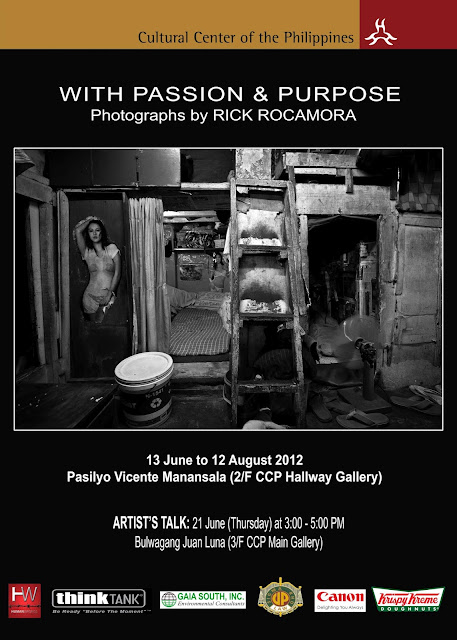Benjamin Füglister on his Expat Photo Book Project
Dennis Rito: Can you provide a short background of yourself, your photographic practice? Why you do what you do?
DR: You mean people can easy relate to photography as they are used to the media, right?
i.e. paintings, which make it easy to evoke discussions.
DR: How did you come up of doing the Expat project?
BF: When traveling – especially in the Philippines – it is unavoidable to meet them. The tanned western guys that seem to live what oneself calls a vacation. Being a Swiss expat in Germany myself, talking to them made me curious of how they end up living the way they live and what their dreams and dilemmas were and what challenges they encounter.
DR: Can you share what the impetus behind the project was and the challenges you encounter?
DR: Your subject’s suspicion towards you conducting an interview with fellow Expats sounds ironic to me as a Filipino. Though I too have experienced that, but as compared to the locals, Filipinos in general are more trusting and quite friendly. Where do you think their suspicion is coming from?
DR: Do you originally envision your project to be shown in any other formats? Or were there anything you encountered along the way that made you decide to publish your project in book format? In any case, what are they?
DR: Are there issues that have a great deal of impact on your work? What are they?
DR: I noticed that your Expat project was in monochrome is there a particular reason for that?
DR: I would like to relate your project in the context of the current labor export the Philippines is engaged in. While Overseas Filipino Workers (OFWs) and Filipino migrants leave the Philippines for economic reasons, I too wonder, why Expats decided to settle here in spite of our country being classified as a “third world.” Any insights on that?
These western men usually did not work in the beginning but after a few months or sometimes even years they realize that living in a country and being a tourist are not the same. It is very likely that one ends up in poverty as one is no longer just a guest but has to integrate and learn about the Filipino culture and mentality. Being an expat myself, I can easily relate to these issues even though the differences are smaller yet they still follow the same pattern.
DR: This is not to compare, but it seems that the Expat project has a close parallelism to Isadora Tast’s project titled “Mother India- Searching for a Place.” Aside from the project treatment and execution, I wonder how was your work differ with hers?
DR: I heard you’ve been preparing for an upcoming exhibition in the Philippines this year. Can you share what is it all about?
BF: Yes, I am preparing for a show in Manila. EXPAT will certainly be a part of it I am always eager to have feedback from the people I photographed and to see how the counterpart – in the case of EXPAT, the Filipinos – react to my work.
DR: Lastly, can you share some personal insights in pursuing personal photographic projects?
BF: In my case projects are born during a process of many month when I research and talk to people about some rough idea that is reshaped through this process over and over again. And then all of a sudden it is time to convert the thoughts into images. Usually one project leads to another. In the case of EXPAT the foregoing project was REMEMBER, which I started in 1999. So sometimes it can even be years not just months before a project comes to an end.
See more of Benjamin Füglister's work here.
BF: Yes, I am preparing for a show in Manila. EXPAT will certainly be a part of it I am always eager to have feedback from the people I photographed and to see how the counterpart – in the case of EXPAT, the Filipinos – react to my work.
DR: Lastly, can you share some personal insights in pursuing personal photographic projects?
BF: In my case projects are born during a process of many month when I research and talk to people about some rough idea that is reshaped through this process over and over again. And then all of a sudden it is time to convert the thoughts into images. Usually one project leads to another. In the case of EXPAT the foregoing project was REMEMBER, which I started in 1999. So sometimes it can even be years not just months before a project comes to an end.
See more of Benjamin Füglister's work here.



Comments